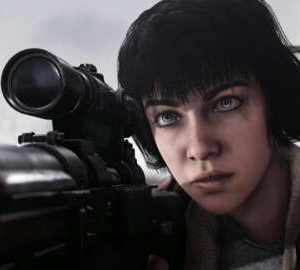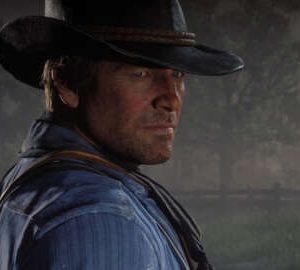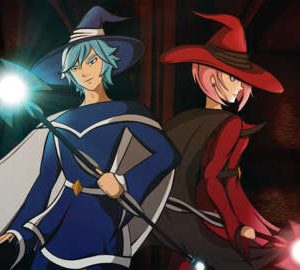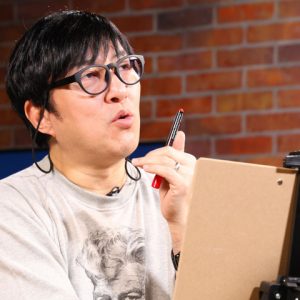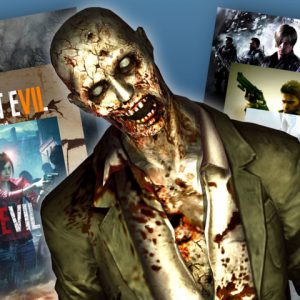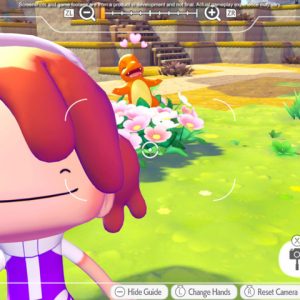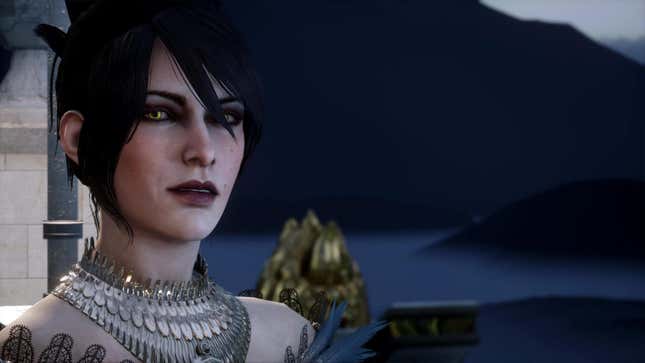
So the first game where I explored the option of romancing the same sex was Fallout 2, you can get married and explore the wasteland with your beau. She’s not all that useful, to be honest, and has never been the companion I’ve picked on replays. Yet at the time, as an impressionable teenager, it was mind-blowing, right? To be honest, though, I didn’t make a ton of it at the time. It was more, oh, this seems like some good mischief, let’s see where it takes me, let’s see how long I can keep her alive, even. It wasn’t charged.
It wasn’t until Dragon Age, which I played as an adult, that the romance choices in games started signifying something different to me. Morrigan, the mysterious witch who joins your party early on, almost feels like a fake romance choice. She’s designed to grab your attention, there’s a recent (unfortunate) quote by one of the DA writers that really lays bare how much she’s meant to be the sex appeal option. There’s one in every game, really, Mass Effect had Miranda. But the way Morrigan is written, the coyness at her center, made me feel like I was getting away with something. Playing as a man probably contributed to that feeling, because IRL what I was doing was gay as hell but in the game, it was extremely straight. I’m sure it helped that the game forces you to choose between love interests, if you’re leading them both on, something that only enhances the drama.
Mostly I appreciated that Morrigan is written in a way that makes it obvious she knows you’re looking, as it turns out, by the end you find out she was making sure of it the entire time. When the betrayal comes, it was weirdly satisfying: yes, I didn’t get what I wanted, but Morrigan having it her way was true to her character. And what’s gayer than yearning and tragedy, really? — Patricia Hernandez, former editor-in-chief





